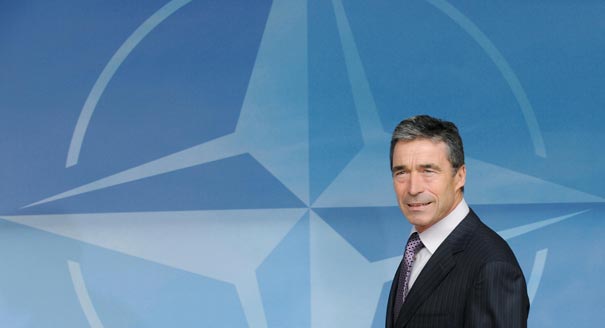When NATO leaders convene in Lisbon November 19-20, they will not only update the Alliance’s Strategic Concept to guide its work over the next decade but also reexamine its policy on nuclear weapons. Spurred by recent nonproliferation initiatives, the review could split NATO’s members if not handled carefully.
Detlef Waechter writes that NATO members should endorse the approach Secretary of State Hillary Clinton outlined in her April meeting with foreign ministers in Estonia, which called for NATO to retain its nuclear status but reduce the role and number of nuclear weapons. This modest but realistic course will allow NATO to play a constructive role in arms control, he argues.
Key Policy Recommendations:
- Conduct a Nuclear Posture Review. NATO leaders should task the North-Atlantic Council with conducting a Nuclear Posture Review (NPR) and constructing detailed proposals on NATO’s nuclear policy to review at the next summit meeting.
- Talk with Russia. NATO should use the NPR to bring Russia to the negotiating table on issues of transparency, reduction, and redeployment of nuclear weapons. This issue should top the NATO-Russia Council meeting at Lisbon, which Russian President Dmitri Medvedev has been invited to attend.
- Adopt a multi-track approach. While isolated talks on tactical nuclear weapons will fail, a multi-track approach combining tactical nuclear weapons, stockpiled U.S. strategic weapons, conventional arms control, and missile defense could help the Alliance reach its goal of a nuclear-weapon-free Europe.
Using a multi-track approach “requires considerable will to compromise on the part of the United States, which owns the tactical nuclear weapons in Europe as well as the strategic weapons systems,” Waechter writes. “But the result—a European continent free of nuclear weapons, a NATO reconciled with Russia, and an Alliance free to tackle emerging security threats—would certainly make the effort worthwhile.”








